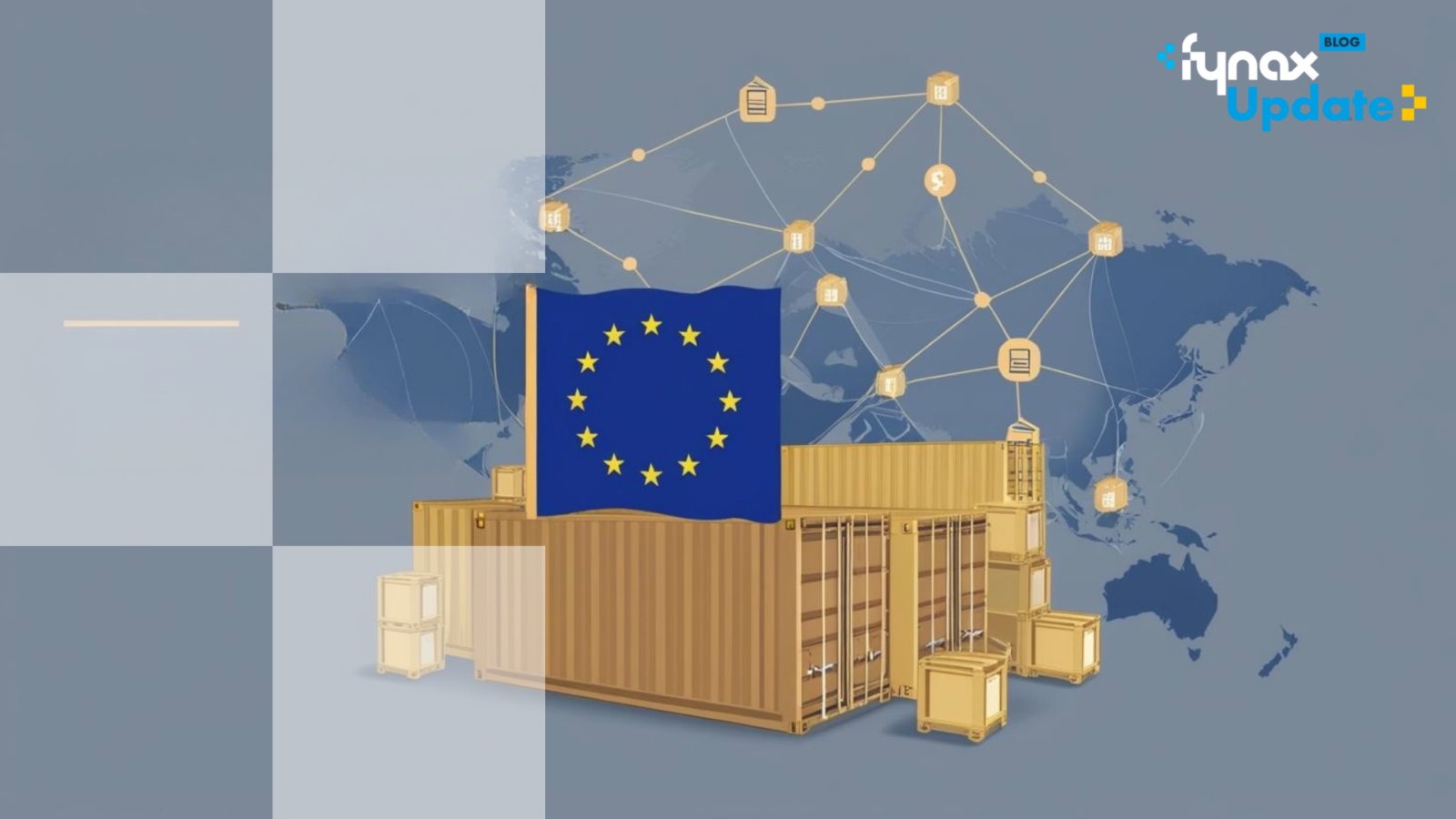VAT update for online retailers - focus on the small business regulation
Share this article
Tags
Categories

On January 1, 2025, significant changes in the area of VAT came into force that could directly affect you as an online retailer. The focus is on the introduction of an EU-wide small business regulation and the associated changes to the reporting procedure. From new identification numbers and reporting obligations to the interaction with the One-Stop-Shop (OSS) procedure - we have summarized the most important points for you in a nutshell.
Overview of the innovations
The existing national small business regulation in accordance with § 19 UStG was already reformed at the beginning of the year and is now being replaced by a European variant, the so-called EU small business regulation (EU-KU), has been added. This primarily addresses sales that are taxable in other EU member states. The aim of the EU-CU is to enable VAT exemption for small businesses in cross-border trade under certain conditions.
Relevant aspects of the EU-CU:
- New identification number and reporting obligation: In addition, quarterly electronic reporting of the relevant turnover to the Federal Central Tax Office (BZSt) in accordance with Section 19a UStG is mandatory.
- Exclusion of the one-stop store procedure (OSS): It should also be noted that the application of the EU-CU excludes the simultaneous use of the OSS procedure. Online traders must therefore decide in advance for each member state within the EU whether all sales for this member state are to be treated as tax-free under the EU VAT scheme or whether VAT will continue to be reported using the OSS procedure.
Case study for illustration - step by step
Let's assume that you are an online retailer:starting your business activity and operating a small online store with an international focus. As long as your total turnover within the European Community does not exceed EUR 100,000 per year, you can consider the EU-CU in order to be exempt from VAT liability in other EU member states. However, the simultaneous use of the OSS procedure is then no longer possible for these member states.
The central question for you: EU-KU vs. OSS
In view of the reform of the small business regulation that came into force on January 1, 2025 and the introduction of the European Small Business Regulation (EU-SR), you are faced with the challenge of deciding which of your sales you have to report using which procedure: the new EU-SR or the already established One-Stop-Shop (OSS) procedure.
The EU-CU offers advantages in terms of VAT savings abroad, but also excludes your own input tax deduction. The OSS procedure, on the other hand, enables central VAT reporting for distance sales within the EU, and your input VAT deduction is also retained. As an established procedure for intra-Community distance sales, the OSS therefore remains relevant for sales to private individuals in other EU member states.
National small business regulations and turnover thresholds
For online traders, it should be noted that the national small business threshold has also been reformed. According to this, a small business owner is anyone who did not generate more than 25,000 euros in the previous year and does not reach the turnover limit of 100,000 euros in the current year. In this case, turnover is exempt from VAT; input tax deduction is excluded. The small business regulation ends in Germany with the turnover that exceeds this limit for the first time. However, this small business regulation can also be waived.
Under the EU VAT regulation, the turnover limit is uniformly set at EUR 100,000. This includes all sales within the EU, including those within Germany. In addition, the national turnover limits of the respective EU country in which you sell must also be observed. In order to make sustainable use of the EU VAT scheme, all turnover limits must therefore be closely monitored.
Summary: What you need to consider
- EU small business regulation (EU-KU): The regulation is relevant for sales that are taxable in other EU member states. Under certain conditions, the use of the EU-KU enables VAT exemption in other EU countries. However, this requires the application for a new small business ID number and the quarterly electronic reporting of sales to the BZSt in accordance with Section 19a UStG.
- One-Stop-Shop procedure (OSS): The OSS procedure continues to be used to report intra-Community distance sales to the BZSt.
- Exclusion of simultaneous use: The use of the EUU scheme excludes the use of the OSS procedure in the respective member state. You must therefore consider which procedure you wish to use for each member state.
Conclusion:
The current changes in VAT law require a careful examination of the new regulations. The EU small business scheme in particular can be an attractive option for internationally active, smaller online retailers. However, it is always advisable for you to analyze the advantages and disadvantages of the various procedures with regard to your specific business situation and seek expert advice if necessary.
Further contributions

Tax tips for the turn of the year: What online retailers should keep in mind until the end of the year




